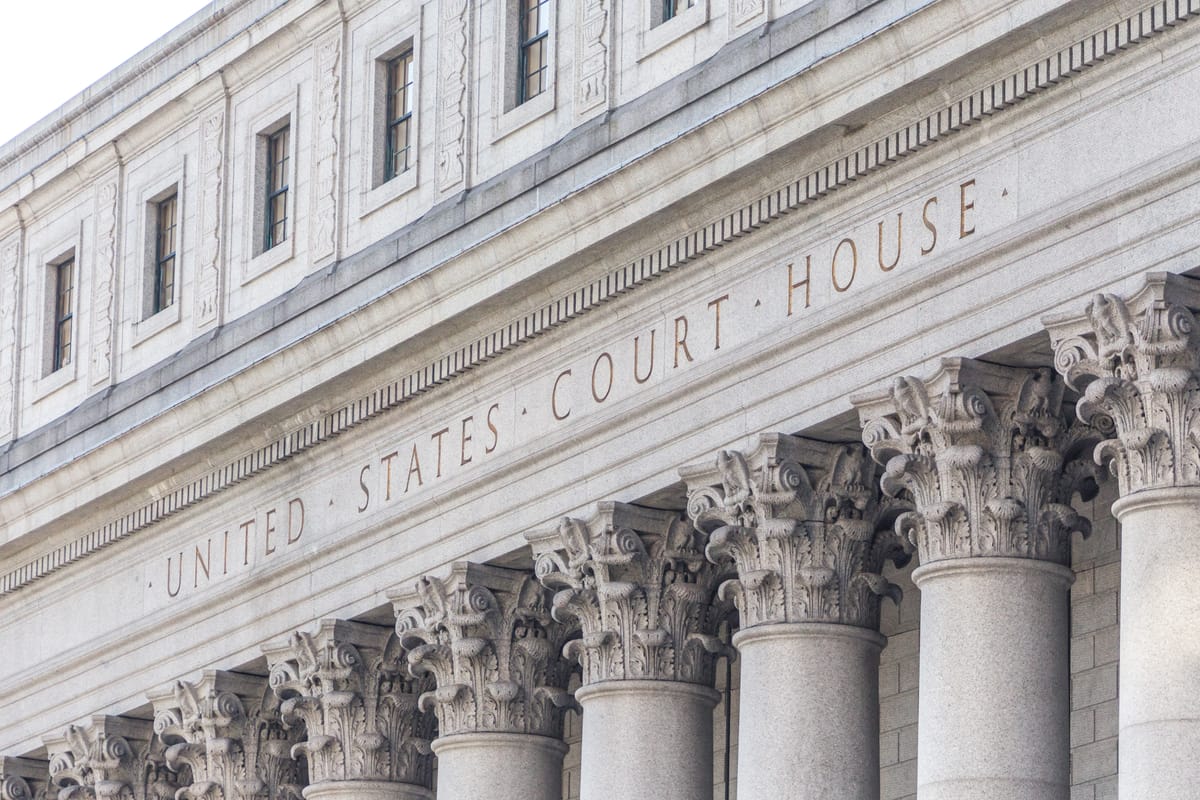Training new lawyers in the age of AI
Plus: Addressing lawyer mental health

What do engineers of the 1970s have to do with lawyers today? Just as engineers adapted to increased automation decades ago by changing their training model, the legal profession can consider increasing mentorship as AI takes on more tasks traditionally handled by junior associates. We'll take a closer look in today's edition. Plus: Check out which NFL team is being sued by its home city.
In today's newsletter:
- How to train attorneys with AI on the rise
- Handling mental health challenges in the practice
- Tips for effective use of CRM
- Preparing for a successful year at your firm

Would you trust an AI hairdresser?
What stylists have in common with lawyers
Splitsville?
Don’t do it, prominent divorce lawyer advises
But is it?
Court hears argument that “it is what it is"
Tick Tock
Time is ticking for TikTok, slated to be banned on Jan. 19
JD advantage
Well-known people who studied law

Training new lawyers in the era of AI automation
As generative AI increasingly automates tasks that were previously handled by junior associates, firms may find themselves with gaps in associate training. Legal industry analyst Bryce Engelland suggests that the legal profession follow the example of engineering firms. When computer-aided drafting (CAD) was adopted in engineering in the 1970s and 80s, it supplanted the drafting tasks that helped train entry-level engineers. The profession adapted by doubling down on mentoring and training as new professionals took on more substantive tasks. “The benefits, however, dramatically outweighed the costs as senior designers had more time to invest because of their own automated assets, and inexperienced designers came online at a faster rate,” Engelland writes. (Thomson Reuters)

Recognizing and addressing lawyer mental health issues
Colleagues’ mental health challenges often create a dilemma for lawyers. Attorneys have an ethical duty to clients but also can be hesitant to interfere with the lives of co-workers. During a recent continuing legal education seminar, attorney Michelle Galloway of Cooley discussed how to handle attorney mental health as well as cognitive decline in aging. As reported by Justin Bachman of Legal Dive, Galloway says that signs that a colleague is suffering from a mental health issue include inefficiency and a sense of futility (such as using “always” and “never” statements), cynicism and paralysis by analysis. Human resources colleagues, who are often trained for difficult conversations, also can help address challenges. (Legal Dive)

- Feb. 15-18: American Association for Justice Winter Convention in Miami
- Apr. 2-5: ABA Techshow in Chicago
- Apr. 23-25: Legal Marketing Association Annual Conference in Washington, D.C.

Making CRM work for your firm
Client-relationship management, or CRM, systems are underutilized at many law firms. “While law firms have traditionally used CRM systems for tasks like managing contact lists and organizing event invitations, the real value of CRM lies in its ability to enhance client relationships and generate new revenue streams,” writes Christina R. Fritsch of CLIENTSFirst Consulting in a post for the National Law Review. She recommends consistent training and adoption, especially by attorneys, and buy-in from firm leadership, along with keeping accurate data and linking CRM with billing and other systems. “With intentional, data-driven practices,” Fritsch concludes, “CRM can become a pivotal resource that aligns with the needs of clients, attorneys, and firm leaders alike, ultimately positioning the firm for success in a competitive legal landscape.” (National Law Review)

- $140B in private equity in 2024
- What companies should know about foreign influence laws
- Survey shows smaller portion of junior associates

Why law firms should experiment at least once each new year
A recent episode of the Un-Billable Hour podcast features legal industry panelists discussing practices for a fresh start in the new year, hiring a chief operating officer and helping associates who struggle with accounts receivable. According to attorney Joshua Lenon of Clio, firms can use this time to implement a new practice that the firm wants to measure throughout the year, such as the impact of flat fees. “You should pick one experiment that you're going to conduct throughout the year so that you can have a measured impact — and it might be a bad impact, right — and you can always adjust,” says Lenon. (Un-Billable Hour)
Thank you for reading Raise The Bar.
Every Thursday, you'll hear from our team about the most pressing issues facing legal practices today. We'll also try to include some quick-hit reads that touch on interesting cases and precedents being set worldwide.
Have anything you'd like us to cover? Send an email raisethebar@mynewsletter.co
Written by Suzi Morales. Edited by Katie Parsons.




Comments ()